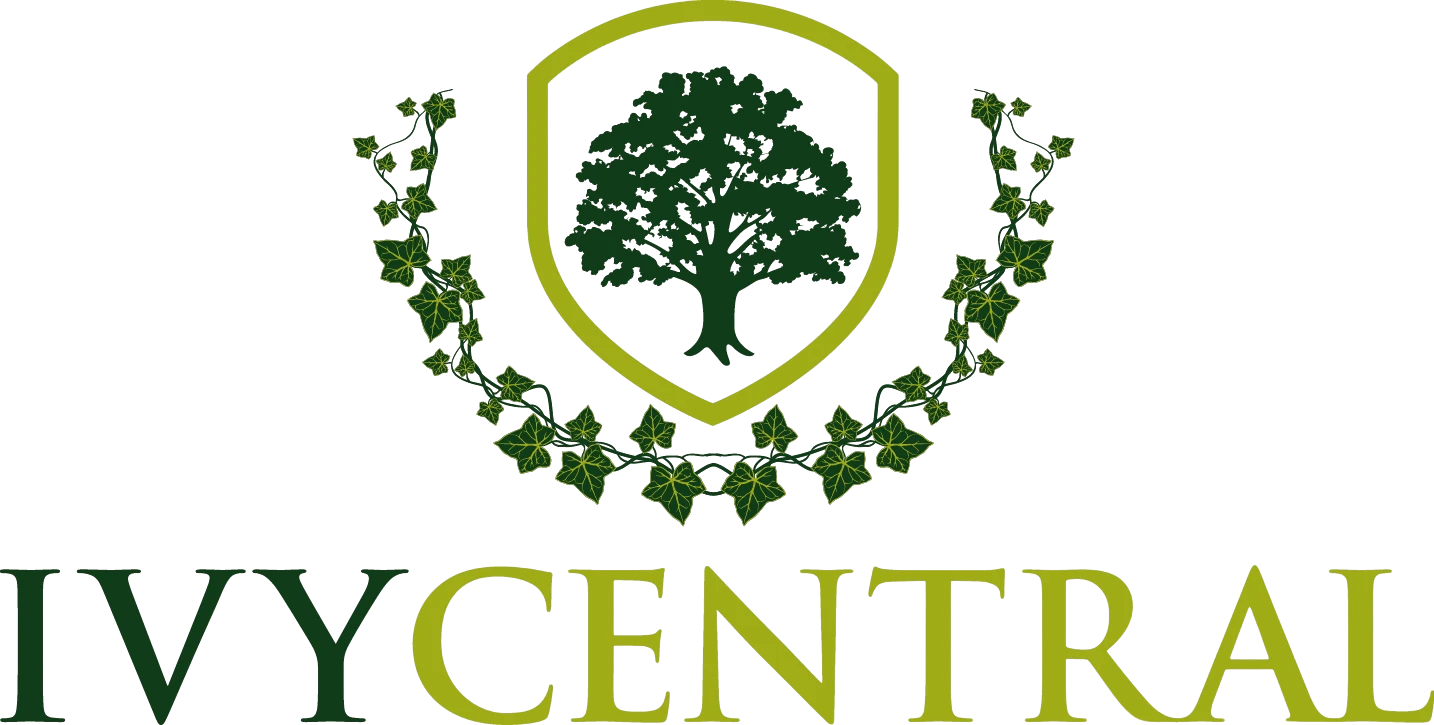
This is the second of two posts where I am exploring the different routes to qualifying as a doctor in the United States and the United Kingdom. Over the years, these are the countries that most Ivy Central students have chosen to apply to for medical training but of course there are many other options to consider.
In the first post, I focused on the pathway to becoming a doctor in the United States, in this second article I will be focusing on the route followed by aspiring doctors in the United Kingdom.
Applying for a Medical Degree
For a young person leaving school and aiming to become a doctor, studying in the UK, the first step is to be accepted onto a medical degree programme. For most people, this will be a five programme, but there are alternatives which can add one or even two years onto the standard course.
Your application for entry onto a medical degree course is submitted by mid October of the year prior to when you want to start your studies. All applications are submitted through the University and Colleges Admissions Service (UCAS). The application is made up of personal information, your academic history, a personal statement, and a reference from your school. In addition to the UCAS application, you will also have to sit a UCAT or BMAT test, designed to test your aptitude for medical training. Universities will state which test they will accept, so you may have to take both.
Another key component of a successful application is for you to have done some work experience, ideally, this will be in a clinical setting, but this can be hard to find so universities will consider volunteering or even non medical experience, so long as you can show how your experience can be transferred to a medical setting. Once your application has been received and reviewed by the universities you have applied to they will decide if they will invite you to interview. This is the final hurdle, if you perform well in the interview your application will be accepted, so long as you meet the minimum academic requirements in your end of year exams.
Medical School
Having secured your place, you will normally start your studies at the beginning of the new university year in September. Each university runs there courses in different ways but the overall content and quality of the course is regulated so that each graduate will have covered all of the required knowledge and skills needed to progress onto the next stage of their training.
Your learning will take place in a variety of forms: lectures, seminars, tutorials, practicals, bedside demonstrations, clinical experience and problem based learning (PBL). Increasingly universities are moving away from the more traditional methods of memorising facts presented in formal lectures, to a more student led learning model, where students are expected to research their own answers to problems. A key part of any aspiring doctor’s training are the clinical placements, supervised placements that you will do in local hospitals and health centres. The timing of your first clinical placement will vary significantly depending on the Medical School that you attend. For example, students at some Medical Schools can expect to see patients right from the first few weeks of university. On the other hand, students who are studying more traditional medical courses, such as those at Oxbridge, may only see their first patients in the second half of their course.
Having successfully completed your time at medical school you are now a Junior Doctor and ready to progress onto the next step of your journey.
Foundation Training
The foundation programme is a two year programme that is a requirement that will enable you to work and practise as a doctor in the UK. It aims to give doctors in training competence in basic clinical skills and management of acutely ill patients as well as developing other softer skill sets such as team working and communication. It is the doctor’s first job after completing medical school.
You will normally apply to the foundation programme while still in the final year of your medical degree. As part of the online application process applicants are required to rank all of the foundation programme schools in order of preference and each application is then given a score based on their performance during their degree and in the Situational Judgement Test. This multiple choice test is used to test the professional judgement of applicants against a set person specification. Your score is then used to determine which foundation school applicants will be allocated to.
The foundation programme usually involves six different rotations or placements in medical or surgical specialties. These rotations enable you to practise and gain competence in basic clinical skills. You will also be able to develop non-clinical skills such as communication and teamwork whilst gaining experience in a number of specialty areas, this experience will help you to decide which specialist field you want to pursue once you have finished your training.
Most Junior Doctors will say that the foundation programme is where things get real, up until that time you have been students with no responsibility but as Junior Doctors you are the contact point for patients, relatives, senior doctors and a host of other medical professionals. Junior doctors quickly learn why such an emphasis is placed on communication skills! The hours are long and, while you are paid as junior doctors, many would argue the pay does not reflect the responsibilities they have. At the same time many doctors will say even as a junior, it is an extremely rewarding future job that enables you to contact with people in a way that no other job can offer.
Medical Specialty Training
On the successful completion of your Foundation Programme, you are awarded the Foundation Programme Certificate of Competence (FPCC) and will be able to progress onto the training required to become a General Practitioner (GP) or for one of the many medical specialisms
The length of the specialty training will depend on which area you choose to specialise in, to train as a GP takes a minimum of three years while other areas can take between five and eight years. Each specialism has a person specification which is used to assess each application, together with other factors such as the quality of the answer to the questions asked and the correct use of spelling and grammar. If your application gets through that stage then you would be invited to interview
On successful completion of your specialty training doctors are awarded a Certificate of Completion of Training (CCT) which allows them entry onto the General Medical Council specialist or general practice register.
Conclusion
That concludes my overview of the routes to becoming a fully qualified doctor in both the US and UK. There is no better option, each has its advantages and disadvantages, it is a question of which fits best for your individual circumstances.
The key differences that I discuss with the students I work with, include, that you can ‘save’ a year by applying to the UK. In the UK you will become a Junior Doctor in seven years, while in the US it usually takes eight. There are implications to the decision between the US and UK, because in the UK you go straight into medical school, you should be as confident as possible that medicine is what you want to do. If you start a medical degree in the UK it can be difficult to swap to a different degree if you decide that medicine is not for you after all, often it will mean starting from the first year again.
The final comment is that these posts can only give a general overview of the most common routes to becoming a doctor in the US and UK, both systems have many options that can shorten or lengthen the training period, or open up related areas of work. Before starting your journey, spend the time to fully explore all of the options you have.
Good luck!
